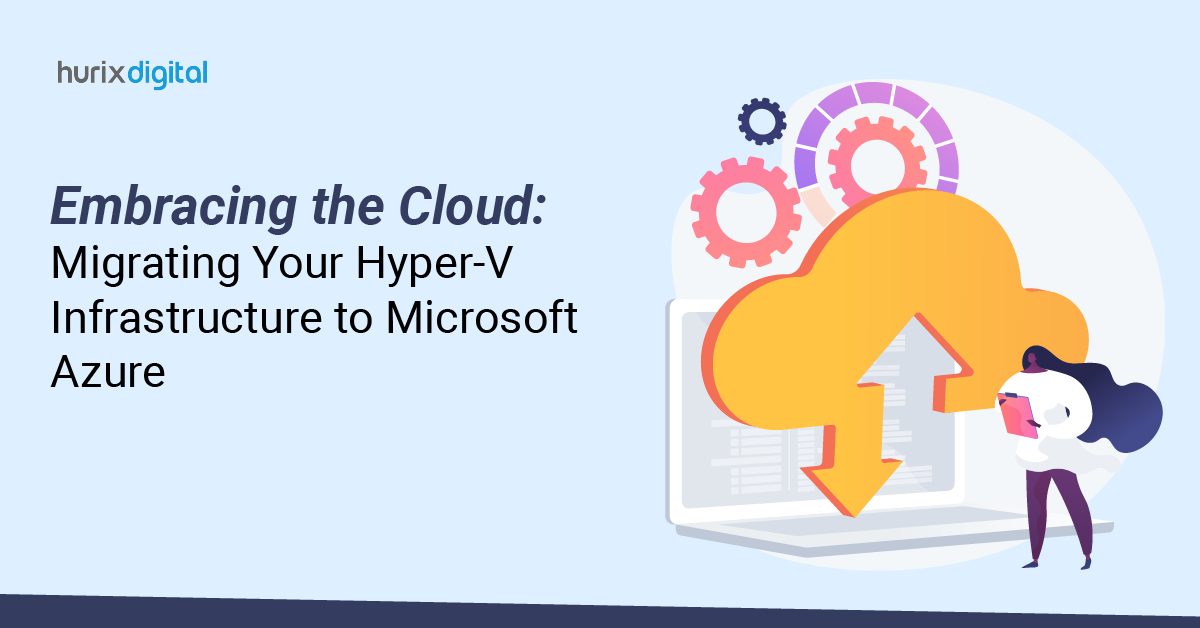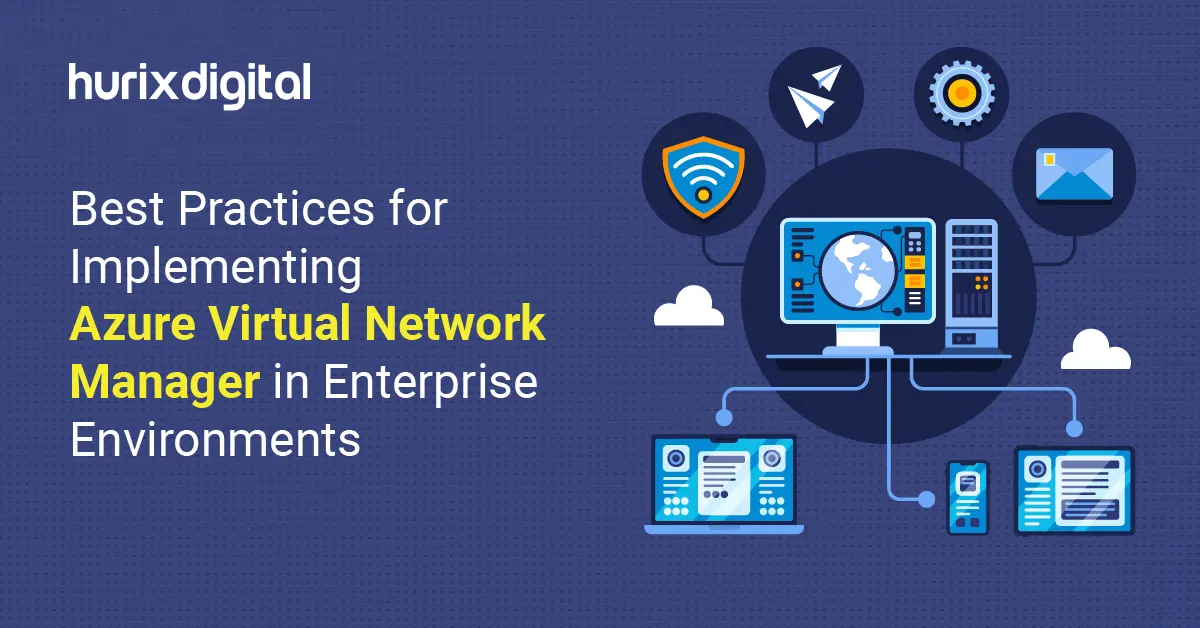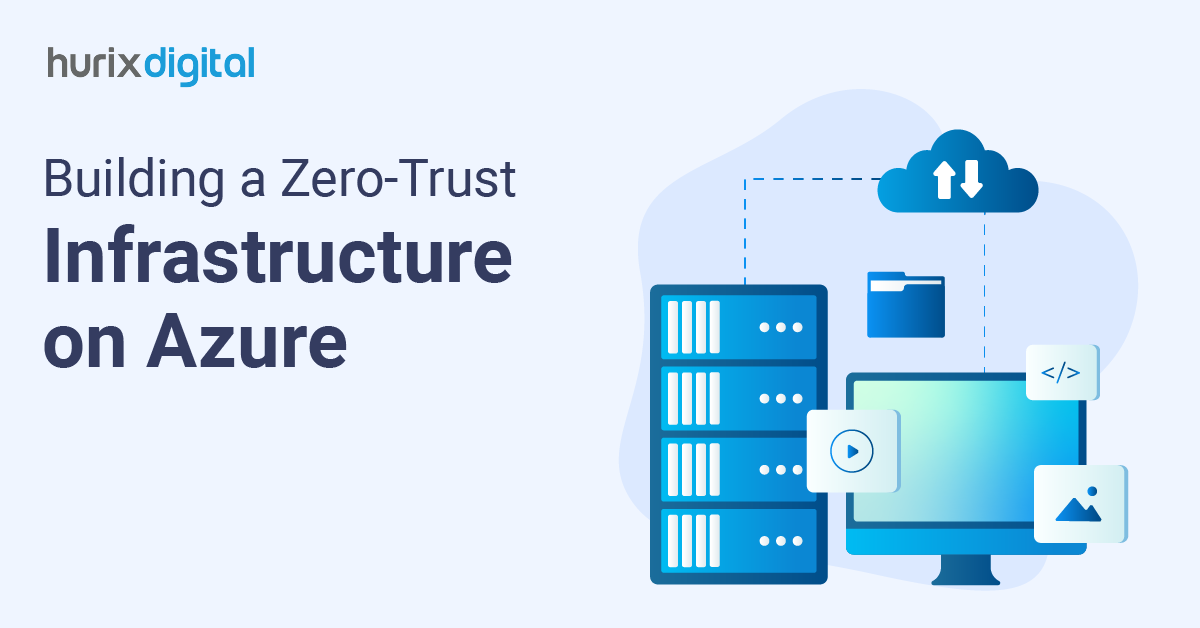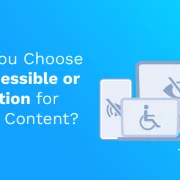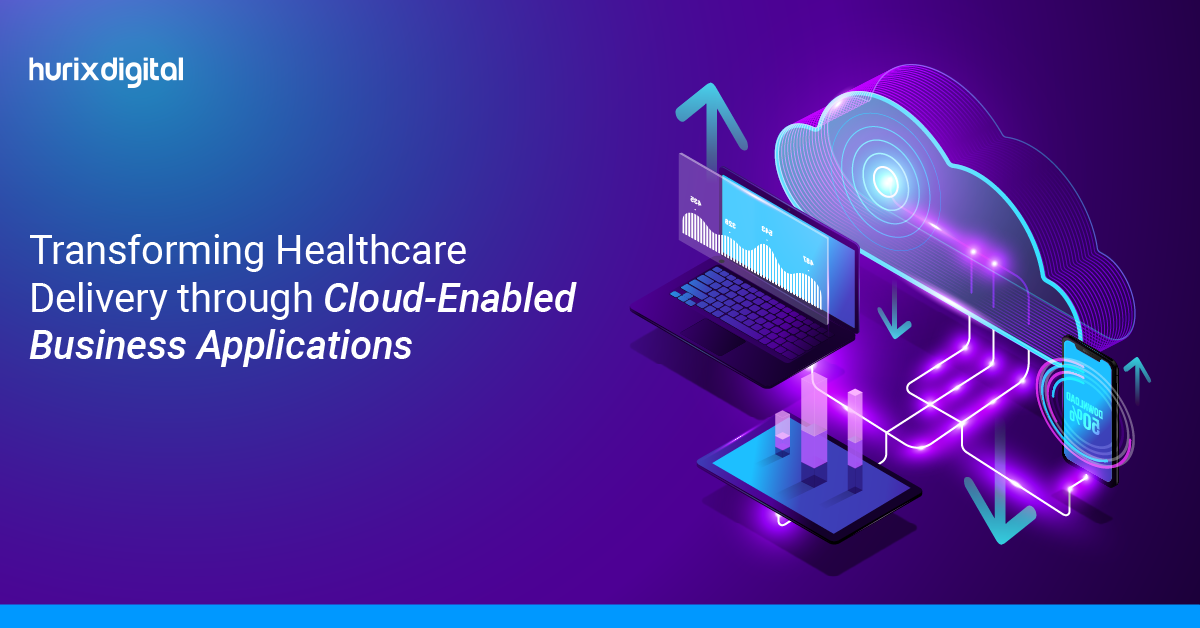
Transforming Healthcare Delivery through Cloud-Enabled Business Applications
Summary
This blog explores how cloud application services revolutionize healthcare, discussing benefits like data accessibility, cost efficiency, and collaboration, while addressing challenges such as vendor lock-ins and adoption issues.
Cloud technology is transforming the healthcare industry, offering scalable, flexible, and cost-effective solutions to improve patient care and streamline operations.
The COVID-19 pandemic highlighted the need for digital solutions to make healthcare more accessible and efficient. Today, cloud applications are redefining how patients access care, how providers deliver services, and how institutions manage their workflows.
This blog explores how cloud application services are enhancing healthcare delivery, their benefits, and the challenges they address. Read on!
Table of Contents:
- How is Cloud Application Services Reshaping Healthcare?
- Benefits of Cloud Application Hosting Services for Healthcare Delivery
- Common Challenges and How to Navigate Them
- To Wrap Up
How is Cloud Application Services Reshaping Healthcare?
Cloud-enabled applications allow healthcare institutions to access patient records, diagnostic information, and other critical information from any location. Medical professionals can conduct telehealth consultations and enable real-time data sharing using cloud-hosted apps and services.
According to a report by Mordor Intelligence, the global cloud computing market for healthcare will reach an estimated value of $197.45 billion by 2032, growing at a CAGR of 17.5%.
Cloud-enabled apps enhance patient experience by providing remote access to medical information, test results, digital prescriptions, etc.
Furthermore, cloud application services help healthcare institutions reduce operational and administrative costs.
Research shows that on-premise solutions in healthcare cost approximately $2 million more than cloud-based deployments.
Cloud-managed services have a huge impact on the healthcare industry. According to Deloitte, the next decade will see a 29% surge in the demand for healthcare workers. This requires a transformative approach towards reshaping the industry to navigate common challenges such as clinician burnout and workforce retention.
Also Read: Training Healthcare Professionals on Accessibility and Inclusivity
Benefits of Cloud Application Hosting Services for Healthcare Delivery
The evolution in patient needs and the need to streamline administrative workflows in healthcare drive cloud application services adoption.
This technology brings several benefits that help enhance healthcare delivery in the following ways:
1. Enhanced Data Accessibility
Medical professionals and healthcare practitioners can access patients’ electronic health records (EHR) and Electronic Medical Records (EMR) from anywhere. It streamlines the continuity of care and empowers clinicians to assess patient cases right at the point of care.
For example, clinicians can access a patient’s EMR using their mobile devices during their hospital rounds instead of relying on fixed screens or paperwork to get context on the patient.
2. Cost Efficiency
Because of hardware and software overhaul costs, digital transformation is a major concern for institutions.
With cloud-managed services, operational costs and capital requirements are significantly reduced. Institutions can also manage costs related to maintaining physical servers by opting for remote data centers through a cloud-based deployment setup.
Hospitals can redirect the resulting savings into focused and enhanced healthcare delivery to patients using cloud-based applications (e.g., patient portals and digital prescriptions.)
3. Improved Collaboration
Cloud application services are a boon for patients requiring a multi-disciplinary approach to treatment.
Remote and digital access to patient records and critical information enhances collaboration between healthcare providers and facilitates real-time data sharing. It establishes seamless communication between professionals, promoting coordination for diagnosis and treatment.
For example, a gynecologist and an endocrinologist can collaborate on a cloud-based app to help treat a patient with hormone-related gynecological issues. Through a single app, they can view patient reports, comment on them, issue digital prescriptions and next steps, hold telehealth consultations, and request specialist intervention.
4. E-Health and Telemedicine Support
Cloud-based applications make healthcare accessible to people living in remote areas, where physical clinician visits are few and far between.
Doctors can use secure, end-to-end encrypted, video-based telehealth consultations with patients to provide continuous care through cloud-based apps.
Doctors can also prescribe medication digitally using the same apps and check the drugs’ availability at the patient’s local pharmacy.
5. Better Interoperability
Cloud-based healthcare systems enhance the overall interoperability of services. Seamless data flow between applications and stations supports patient delivery of prompt, relevant, and updated care. It also helps to ensure automated compliance with data privacy and protection regulations, such as HIPAA.
Common Challenges and How to Navigate Them
Every new technology has its troubles; the same applies to cloud application services in healthcare delivery.
Below is a list of some common challenges you may face and how to solve them:
1. Vendor Lock-Ins
Some vendors’ contractual terms and conditions may be restrictive and reduce your flexibility. This defeats the purpose of implementing cloud-based apps to enhance care delivery.
It is essential to read the contract and discuss lock-ins with vendors before committing to a plan.
2. Technical Expertise
Cloud-based environments require technical expertise to implement, configure, and maintain. Institutions may not yet have the expertise to run a cloud-based setup efficiently.
You can opt for managed services that eliminate the upkeep and maintenance of cloud-powered systems, allowing you to build and run your applications without technical requirements.
3. Adoption Problems
For the overhaul to be effective, your ground staff and clinicians must adopt the new solutions and familiarize themselves with their use. You can expect some initial resistance and friction, but this challenge is easily addressable with proper training, guidance, and change management.
4. User Trust
Cloud-based applications automate compliance, data security, and workflows. However, in the initial phases, they can spark user distrust, discouraging their use or adoption. To help build trust, workshops, and seminars should be conducted to enlighten users about app capabilities and features.
Also Read: The Role of AI in Accessible Healthcare for Improved Outcomes
To Wrap Up
The healthcare industry must modernize its operations using cloud technology. This will make care more accessible and remove labor-intensive data work from an institution’s administrative wing.
Furthermore, clinicians can reach more patients in need and provide digital consultations and prescriptions at the point of need.
If you’re exploring ways to enhance healthcare delivery through cloud technology, consider Hurix Digital can help.
Our cloud solutions streamline operations and reduce costs, empowering healthcare providers with secure, scalable tools to deliver patient-centric care. Do you have questions? Our team is ready to guide you on your journey toward transforming healthcare delivery.

Vice President and Strategic Business Unit Head – Cloud Services
A top technology management voice on LinkedIn with 20 Years of experience in Information Technology, Cloud Services, Digital Transformation, Application Modernisation, Managed Services, IT Security Engineering and Operations Management. An avid technology Leader, Leadership Speaker, Author & Coach.
